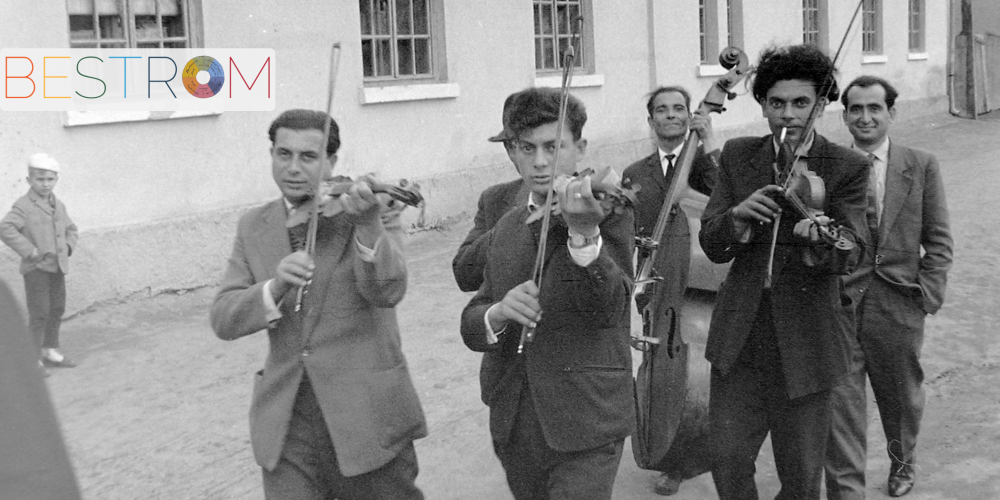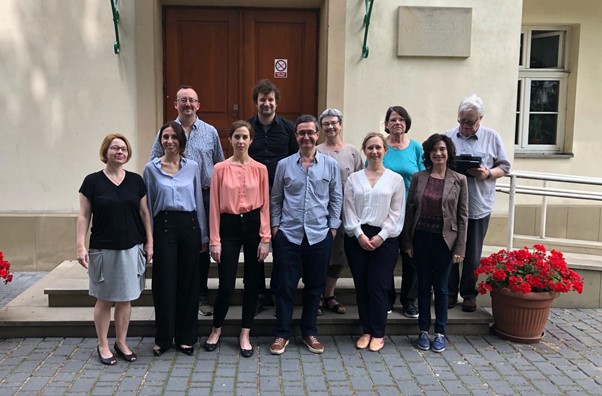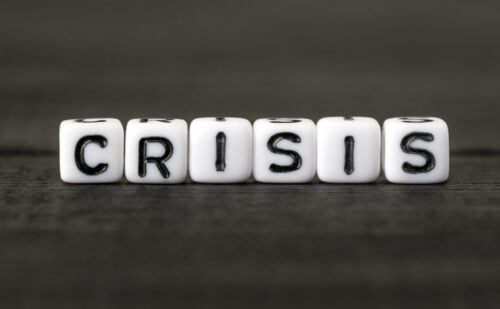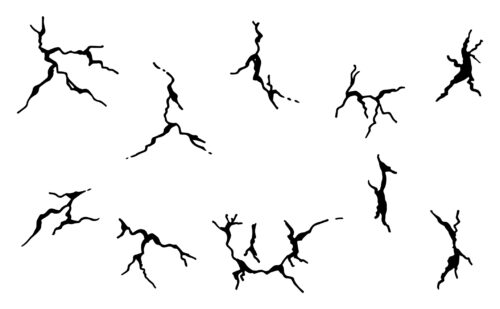
Project of the Month: BESTROM
Posted: 27 September, 2021
HERA is delighted to showcase our next Project of the Month: BESTROM – Beyond Stereotypes: Cultural Exchanges and the Romani Contribution to European Public Spaces.
Through the project, the international team of researchers is looking to explore interaction between Romani groups and mainstream societies and if this ‘can challenge popular stereotypes, promoting acceptance of diversity and critical reflection on otherness‘.
All the relevant information for the dissemination of BESTROM’s activity can be taken from the project’s website.
Project name
Beyond Stereotypes: Cultural Exchanges and the Romani Contribution to European Public Spaces
Describe your project
BESTROM explores the cultural contribution to Europe’s public space/s of its Romani minorities (Roma, Sinti, Manouche, Gitanos, and others), considering them as agents in the processes of building shared European commons and identities.
Project Team
- Full Professor María Sierra, University of Seville (PI)
- Full Professor Eve Rosenhaft, University of Liverpool (PI)
- Full Professor Peter Stadius, University of Helsinki (PI)
- Associate Professor Anna G. Piotrowska, University in Kraków (PI)
- Postdoctoral Researcher Malte Gasche, University of Helsinki
- Full Professor Juan Pro, School of Spanish-American Studies – Spanish National Research Council, Seville
- Senior Lecturer Carolina García, University of Seville
- Postdoctoral Researcher, Laurence Prempain, University of Helsinki
- Postdoctoral Researcher, Tamara West, University of Liverpool
- Associate Lecturer Begoña Barrera, University of Seville
- Independent Researcher, Paweł Lechowski, University in Krakow

Project team: Launch Seminar Krakow. 19-20 June 2019
Describe your project development to date
From the very beginning, BESTROM’s four teams (Seville, Liverpool, Helsinki and Krakow) have worked in total coordination. The result of this effort has been the achievement of the objectives envisaged for 2019, 2020 and the elapsed months of 2021. These results include not only publications and scientific meetings, but also activities and products for the dissemination of knowledge. In this regard, the work with the associated partners has been instrumental (see bellow).
How did the pandemic impact on the project and how has the project adapted?
The pandemic situation entailed a rearrangement of the BESTROM timetable, especially with regard to archival fieldwork and the delivery of academic texts. As a result of this reorganisation and the joint effort of all BESTROM researchers, the outcomes planned for 2020 and 2021 have been successfully met.
Interesting collaborations / partnerships
BESTROM has worked closely with two associate partners:
Project outputs
Performance Und wohin jetzt? [And where to now?] [And where to now?]
Selected publications
María Sierra. Holocausto gitano. El genocidio romaní bajo el nazismo. Madrid, Arzalia, 2020
Lim, Jie-Hyun, Rosenhaft, Eve (Eds.): Mnemonic Solidarity. Global Interventions. Plagrave, 2021
Anna G.Piotrowska. The Romany Musical Versatility: the Case of Gypsy Disco-Polo
Malte Gasche, Martin Holler & Paula Lee. Europe’s Circus People in the Wake of the Second World War, 2020 Routledge, Abdingdon



